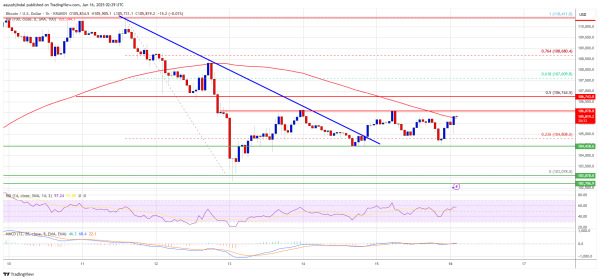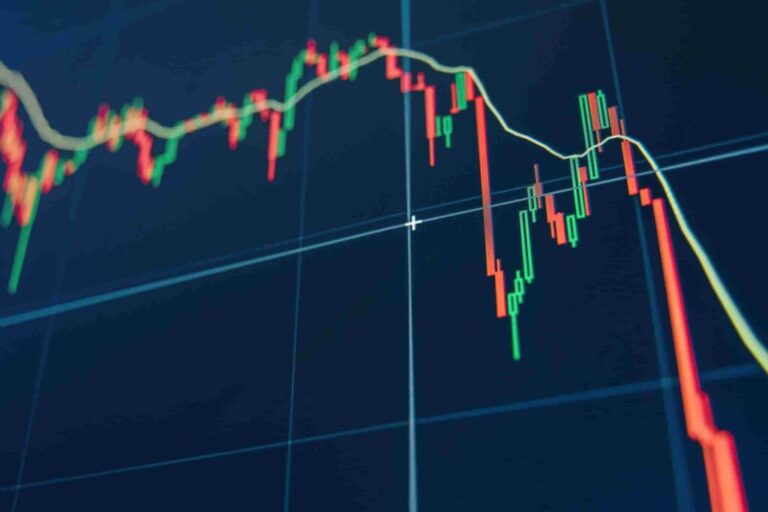Synopsis
The U.S. SEC approved ether ETFs by BlackRock, VanEck, and Franklin Templeton starting July 22. Ether’s price increased to $3,433.07. SEC Chair Gary Gensler cited similarities to bitcoin ETF approval. Analysts predict $1 billion monthly inflows; Galaxy Research forecasts more volatility due to ether’s $359 billion market value. Initial low hopes transformed with $33.1 billion in net inflows.
The U.S. Securities and Exchange Commission has given preliminary approval to at least three of the eight asset managers hoping to launch exchange-traded funds tied to the spot price of ether to begin trading next Tuesday, three industry sources said.
The approval hinges on applicants submitting final offering documents to regulators before the end of this week, the sources said. One said that all eight are expected to launch simultaneously.
A spokesperson for the SEC said the agency does not comment on individual filings.
Crypto Tracker![]() TOP COIN SETSNFT & Metaverse Tracker16.29% BuyAI Tracker14.74% BuyCrypto Blue Chip – 513.66% BuySmart Contract Tracker13.53% BuyBTC 50 :: ETH 5012.88% BuyTOP COINS (₹) BNB48,407 (4.62%)BuyEthereum289,526 (4.19%)BuyBitcoin5,401,786 (3.6%)BuySolana13,134 (3.47%)BuyTether84 (0.01%)Buy Following the launch of nine U.S. spot bitcoin ETFs in January, the ether products would mark another major win for the cryptocurrency industry’s campaign to push digital assets into the mainstream. Ether is the world’s second-largest cryptocurrency after bitcoin.
TOP COIN SETSNFT & Metaverse Tracker16.29% BuyAI Tracker14.74% BuyCrypto Blue Chip – 513.66% BuySmart Contract Tracker13.53% BuyBTC 50 :: ETH 5012.88% BuyTOP COINS (₹) BNB48,407 (4.62%)BuyEthereum289,526 (4.19%)BuyBitcoin5,401,786 (3.6%)BuySolana13,134 (3.47%)BuyTether84 (0.01%)Buy Following the launch of nine U.S. spot bitcoin ETFs in January, the ether products would mark another major win for the cryptocurrency industry’s campaign to push digital assets into the mainstream. Ether is the world’s second-largest cryptocurrency after bitcoin.
Did you Know?
The world of cryptocurrencies is very dynamic. Prices can go up or down in a matter of seconds. Thus, having reliable answers to such questions is crucial for investors.
View Details » BlackRock, VanEck and Franklin Templeton are among the eight asset managers whose applications are likely to be greenlit by the SEC next Monday afternoon, July 22, with trading in the products expected to begin the next day, according to the industry sources, who spoke on background due to the confidentiality of the discussion with the SEC.
In trading late Monday afternoon, ether changed hands at $3,433.07, up 7.1% on the day and giving the cryptocurrency a 14.4% gain for the last week.
January’s launch of spot ETFs tracking the price of bitcoin was the culmination of a decade-long tussle with the SEC, which had rejected the products due to market manipulation concerns. The agency was forced to approve the ETFs, warning that the products were highly risky, after losing a court challenge brought by digital asset manager Grayscale Investments.
The launch was one of the most successful in the ETF market’s history, with the nine new products drawing some $6.6 billion in assets in their first three weeks of trading, Morningstar Direct data showed. As of the end of June, the ETFs had attracted a net $33.1 billion in inflows.
Martin Leinweber, digital asset product strategist at MarketVector Indexes, said he expects much more modest inflows into the new ether ETFs and more volatility in ether’s price due to its smaller market size and trading volumes relative to bitcoin, which reached a new high after the ETFs were approved.
The market value of bitcoin is just over $1 trillion compared with ether’s $359 billion, according to CoinGecko.
“It’s important to temper expectations,” Leinweber said.
While estimates on demand vary widely, Galaxy Research – whose sister company Galaxy Asset Management has an ether ETF with Invesco – has projected that the ether products could attract monthly inflows of $1 billion.
Thomas Perfumo, head of strategy at crypto exchange Kraken, said given ether’s smaller market size, inflows need not reach the level of bitcoin ETFs to be considered successful.
Issuers began filing for the ether ETFs in September. Executives initially had low hopes that the SEC would greenlight the products after discouraging meetings with officials.
But the agency surprised the industry in May when it approved rule changes required for exchanges to list the products, the first of two key regulatory hurdles.
SEC Chair Gary Gensler last month told the Grayscale ruling had influenced his thinking on approving the ether products, because the underlying market circumstances were similar.

